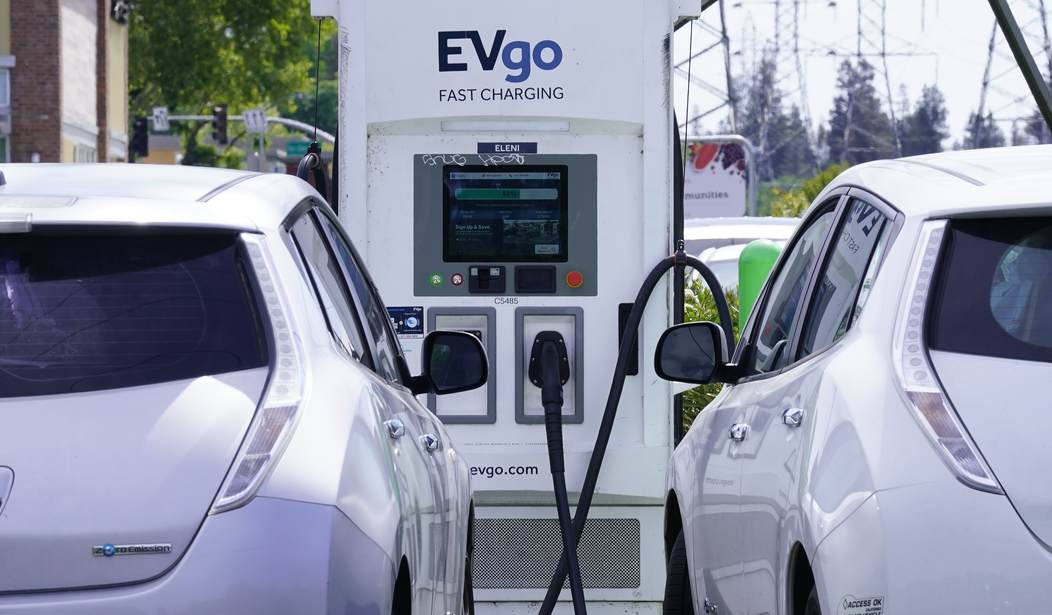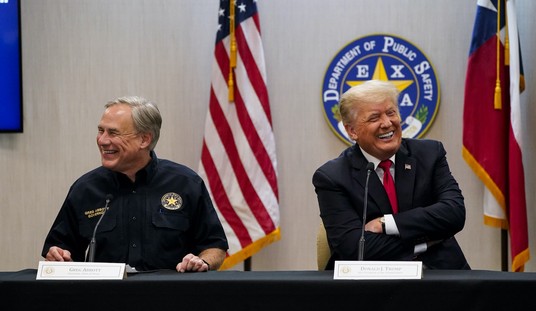The energy-poor nation of Ethiopia has just become the first in the world to ban the import of all non-electric automobiles. This despite the fact that barely half of Ethiopian citizens have any access to electricity. Other sources say that number may be as low as 30 percent.
On the other hand, electricity in Ethiopia is cheap – just six-tenths of a cent per kilowatt-hour for households and 2.1 cents/kWh for businesses, compared with 15.6 cents and 15.2 cents, respectively, worldwide. Electricity is cheaper than gasoline (about $2 per liter).
Cheap, that is, until the reality that Ethiopia’s gross domestic product per capita is a paltry $1,130, compared with the world average of $13,920 and the U.S. average of $81,614. Moreover, only 2 percent of Ethiopia’s 130 million people (about 600,000) even own a motor vehicle - about the same number of Americans (and the same percentage) in 1910.
While tariffs as high as 220 percent of purchase price still apply to gasoline and diesel vehicles, mostly imported from oil-rich Gulf States, in 2022 Ethiopia’s Ministry of Finance exempted all EVs from value added taxes, surtaxes, and excise taxes. The Ministry of Transport and Logistics announced a 10-year plan to support the import of at least 4,800 electric buses and 148,000 electric automobiles as part of its push toward EV-only motor transport.
With Ethiopia’s per capita income projected to double by 2028, the nation also exempted completely knocked-down kits from customs duty taxes in a move to encourage local EV assembly and component manufacturing sectors. While fully built EVs will have a customs duty of 15 percent (a major reduction), the duty for semi-knocked-down kits is now just 5 percent.
And wouldn’t you know it? Clean Technica reports that the primary beneficiaries of these changes are Chinese automakers! Made-in-China new and low-mileage used vehicles are “selling quite well” in Addis Ababa, though there are also Toyotas and other models.
Recommended
Who, though, is buying and driving these low-cost (but not by Ethiopian standards) Chinese EVs? Not very many Ethiopians, for whom even a $25,000 EV costs 20 times the GDP per capita. The much more likely suspects are the 30,000 Chinese who run much of the nation. Curiously, there are almost no public charging stations, suggesting that EV owners charge their vehicles in private, secure garages.
Most Americans likely are unaware that Ethiopia is a central hub for China’s Belt and Road Initiative, or that there are at least 400 Chinese construction and manufacturing projects in Ethiopia valued collectively at over $4 billion. The Chinese are also financing and building the bulk of Ethiopia’s air, road, and rail infrastructure; they also built four photovoltaic solar arrays.
As China has become Ethiopia’s chief trading partner, it is also the holder of nearly $14 billion in Ethiopian debt. Only Angola is more indebted to Chinese bankers than Ethiopia. Political ties between the two countries have been growing since Ethiopia hosted a Forum on China-Africa Cooperation back in 2003. And in 2012 China funded and built the $200 million African Union headquarters in Addis Ababa.
Wilson Fellow Maria Repnikova back in 2021 warned that China was as much an exploiter of the Ethiopian people as it was a “savior” of the nation from abject poverty. Despite ongoing civil strife, the Chinese have taken a hands-off approach to the internal conflicts, in marked contrast to U.S. policy of withdrawing trade benefits and condemning “gross violations of … human rights.”
There are signs that, despite very favorable press and cozy relationships with Ethiopian politicians (on the take?), there is growing resentment among the general populace that Chinese companies bring their own labor and materials, illegally work in sectors where Ethiopians are unable to get employment, and only hire Ethiopians for the lowest paying jobs.
Europeans have been waking up to the reality that China has been plotting to rule the automotive world through its dominance in EV manufacturing (which stems from its control of lithium and other EV battery materials, just for starters). At last September’s IAA Mobility Conference in Munich, 40 percent of the presenters were from Asia, including 75 Chinese exhibitors.
Investment banker Christian Kames said that the increase in Chinese companies at the event showed that those firms “really have the European market … as the next market they want to conquer.”
Chinese automaker BYD, which has backing from Warren Buffet, launched its Seal EV sedan for Europe at the event, and several other Chinese firms announced their intentions to expand their European sales. Meanwhile, two major European automakers were downgraded because of the threat posed by Chinese EVs.
In the U.S., the threat posed by Chinese EVs has reached the political realm, as Ohio Senator Sherrod Brown, who is facing a tough reelection fight this fall, called on President Biden to ban the import of Chinese electric vehicles into the United States. Brown called them an “existential threat” to the U.S. automotive industry just days after voting for the first time with Republicans to nullify Biden’s latest move to force EVs on the American people.
The Chinese have been subsidizing their automakers and other green technology companies (how shocking! Surely no American or European green tech company ever got a taxpayer dime!), prompting the EU to launch an investigation and threaten retroactive tariffs. [President Trump likewise has called for high tariffs as a check on Chinese auto dominance.]
Brown, now rivaling John Fetterman for the most recalcitrant Democrat in the Senate, echoed GOP Senator Joshua Hawley in stating that, “a surge in Chinese EV sales would cripple the domestic manufacturing base, including critical inputs from parts suppliers to steel, tires, and glass producers,” and also “undermine efforts to reshore semiconductor production.”
Another Sherrod-come-lately concern is the risk of China having access to data collected by connected vehicles, “whether it be information about traffic patterns, critical infrastructure, or the lives of Americans.” China, he noted, “does not allow American-made EVs near their official buildings.” Hawley, for a much longer period, has been sounding the alarm about Chinese EVs, including those now being assembled and sold in Mexico (with easy access to the U.S.). Hawley’s proposal was a 127.5 percent net import tax on Chinese EVs including those assembled in Mexico. So naturally, Brown had to go even further as election day draws near.
It is almost laughable that Brown – and Montana Senator Tester, also in a tough reelection battle – are the only Senate Democrats to join the retiring Joe Manchin in standing up to the President and his Cabinet on just this latest round of technology-forcing regulations and executive orders. There is no record of any prior concerns by either over the benefits to China of Biden Administration EV policies.
One has to wonder, though, whether this is merely electioneering. After herding in 10 million “newcomers,” President Biden and his Mexican counterpart are suddenly closing the U.S.-Mexico border, or so they say.
Will this newborn concern over Chinese hegemony last beyond November? Or will, should Democrats prevail, the U.S. continue to slide headlong toward a brave new world with the Chinese in the driver’s seat – just as they are in Ethiopia?
Duggan Flanakin is a senior policy analyst at the Committee For A Constructive Tomorrow who writes on a wide variety of public policy issues.

























Join the conversation as a VIP Member